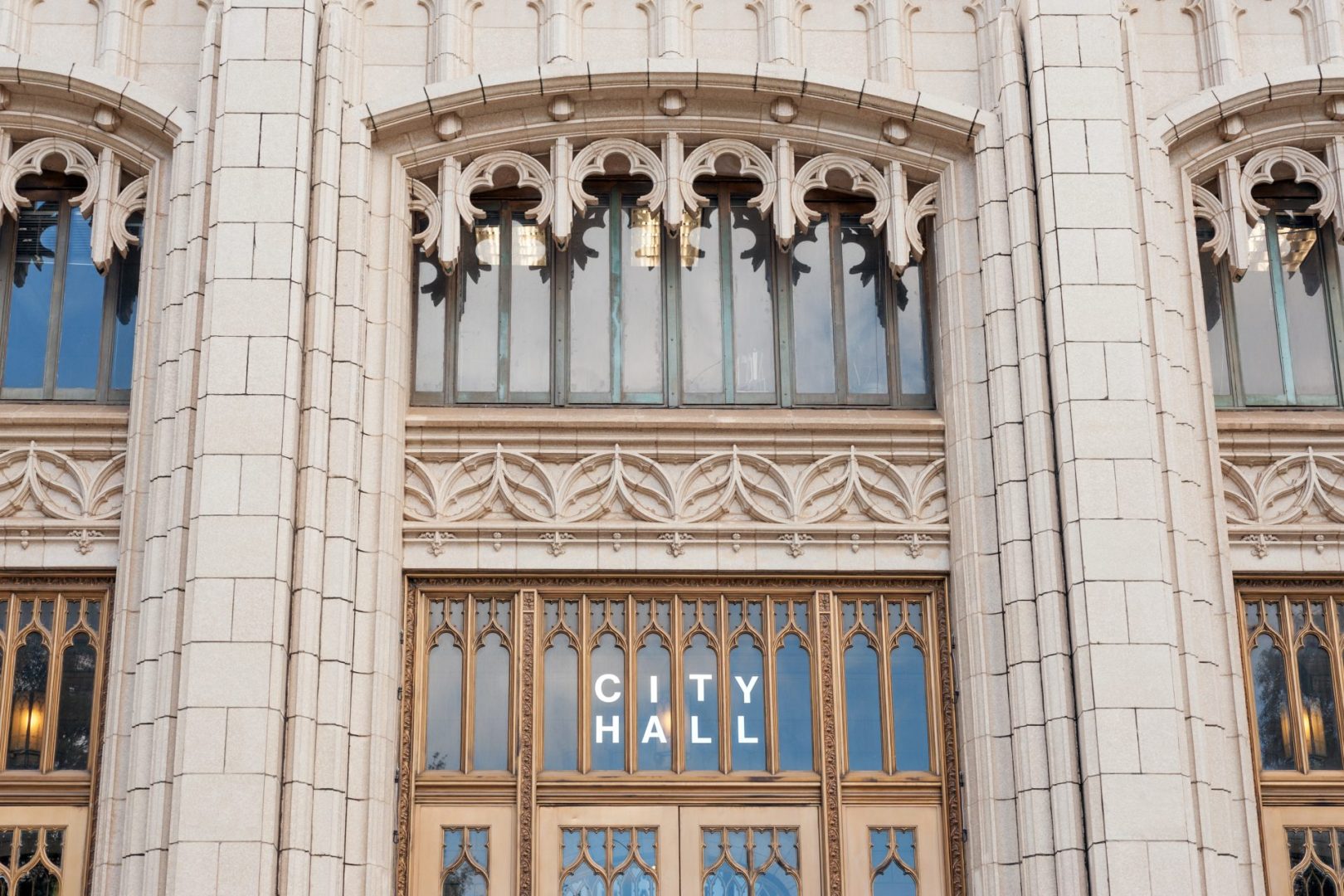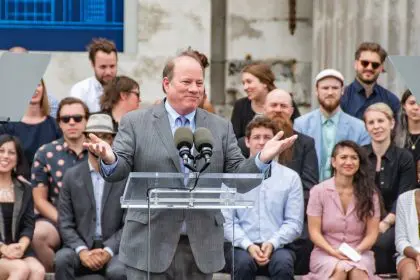In the heart of Georgia, Atlanta stands as a testament to African American political empowerment, earning its reputation as the “Black Mecca” through decades of groundbreaking leadership. Since 1974, the city has demonstrated how Black governance can transform an urban landscape, starting with the historic election of Maynard Jackson as the first African American mayor of a major Southern city.
The breakthrough of 1973
The assassination of Martin Luther King Jr. in 1968 catalyzed a transformation in Atlanta’s political landscape. Five years later, Maynard Holbrook Jackson Jr. secured a decisive victory with 60 percent of the vote, marking the beginning of an era that would reshape the city’s future.
Jackson’s administration faced immediate challenges in a deeply divided city. His initiatives prioritized Black community development and economic equity, particularly through a groundbreaking airport construction project that mandated minority business participation. These policies, while controversial among some white residents, established frameworks for inclusive economic growth that subsequent administrations would build upon.
Building on the foundation
The torch passed to Andrew Young in 1981, bringing international perspective to City Hall. As the second Black mayor, Young leveraged his experience as a congressman and United Nations ambassador to position Atlanta as a global business destination. His tenure witnessed unprecedented corporate investment in the city, laying groundwork for Atlanta’s emergence as an international commerce hub.
The economic foundations established during Young’s administration attracted major corporations and culminated in Atlanta’s selection as host of the 1996 Olympic Games, a watershed moment that demonstrated the city’s arrival on the world stage.
Navigating growth and challenges
The 1990s brought Bill Campbell’s administration, which focused on modernizing Atlanta’s infrastructure amid rapid population growth. Campbell’s tenure highlighted both the opportunities and challenges of managing a rapidly expanding metropolis, though his legacy would later be complicated by legal troubles.
When Shirley Franklin took office in 2002, she made history as Atlanta’s first female mayor. Her administration tackled systemic issues including aging infrastructure and government transparency. Franklin’s effective leadership earned national recognition, including Time Magazine’s designation as one of America’s best big-city mayors in 2005.
Modernizing Atlanta’s approach
The city’s evolution continued under Kasim Reed, whose administration prioritized fiscal responsibility while maintaining Atlanta’s trajectory of growth. Reed’s tenure saw the city’s financial reserves grow substantially, providing stability during economic uncertainty.
Keisha Lance Bottoms assumed leadership in 2017, guiding Atlanta through unprecedented challenges including the COVID-19 pandemic and social justice movements. Her administration’s response to these crises reflected Atlanta’s ongoing commitment to addressing racial equity and public health concerns.
Contemporary challenges and opportunities
Current mayor Andre Dickens inherited a city at a crossroads in 2022. His administration faces complex decisions regarding public safety, affordable housing, and community relations. The controversial Atlanta Public Safety Training Center project exemplifies the ongoing tensions between law enforcement needs and community concerns.
Despite these challenges, Atlanta continues to exemplify the possibilities of Black political leadership. The city’s Hartsfield-Jackson International Airport remains the world’s busiest, while its cultural influence extends far beyond the Southeast. Technology companies increasingly choose Atlanta for major operations, attracted by its diverse workforce and progressive business environment.
The city’s half-century of Black leadership has created a template for urban governance that balances economic growth with social progress. Each administration has contributed to Atlanta’s evolution from a regional capital to a global city, while maintaining its identity as a center of Black culture and achievement.
As Atlanta addresses contemporary challenges, its legacy of leadership provides both inspiration and practical lessons for cities nationwide. The continuing story of this southern metropolis demonstrates how sustained Black political leadership can transform urban communities while preserving their essential character.















